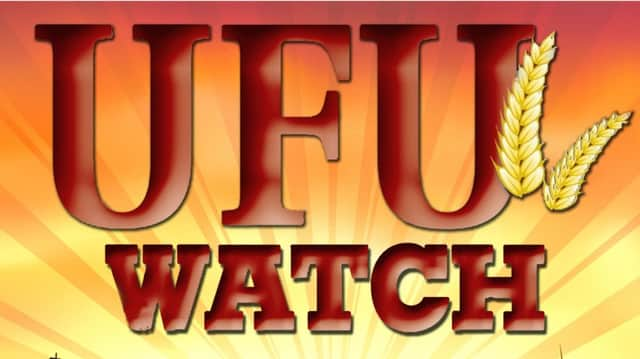Rules on hedge cutting explained


Cross-compliance rules are in place to protect this habitat and landscape feature and particularly to protect birds nesting in hedges by preventing the cutting of hedges between 1 March and 31 August.
The Wildlife and Natural Environment (NI) Act 2011 also protects nesting birds and it is an offence under this legislation to disturb nesting birds, their chicks, nests or eggs at any time of the year.
Advertisement
Advertisement
In addition to hedge cutting, the 1 March – 31 August closed period also applies to tree or scrub cutting and the coppicing of hedges.
The UFU would remind farmers to comply with these rules to ensure that payments from the various schemes administered by DAERA are protected as breaches of these rules could result in cross-compliance penalties being applied. It should also be noted that hedgerow trees with a trunk diameter greater than 100cm may only be removed with prior permission from DAERA and permission is also required for the removal of hedges.
There are some exceptions to the hedge cutting closed period. Hedge cutting is permitted within the closed period where health and safety is an issue e.g. along some roadside hedges or if there is an animal welfare reason.
In addition to this exception, following years of lobbying by the UFU, DAERA introduced some changes in 2015 permitting a derogation to be issued to the hedge cutting closed period. However, this is very specific and will only apply in certain circumstances. This derogation helps farmers wishing to plant oilseed rape or reseed grasses or other herbaceous forage (clovers, Lucerne, sainfoin and forage vetches) on arable land and allows limited flexibility to trim hedges from 15th August. Written permission is required from DAERA before trimming commences otherwise this will be considered a breach of cross-compliance.
Advertisement
Advertisement
Farmers can request an application form from DAERA on 0300 200 7842 or by email [email protected]. DAERA will only consider applications for derogations for hedge cutting where the field in question is classified as ‘AR’ on the SAF Form and meets the other conditions. In addition to this, farmers must still comply with the Wildlife and Natural Environment (NI) Act 2011. If a derogation is granted, only the side of the hedge next to the arable crop is permitted to be cut.
Anyone interested in using this derogation must submit the application form to DAERA at least five working days before the proposed hedge cutting date to allow time for the application to be assessed.
It is vital that farmers make the checks to ensure there are no nesting birds in the hedges to be cut. If there is evidence that nesting birds have been disturbed it will be considered a breach of cross-compliance even if a derogation has been granted.
Hedges are also essential for the survival of pollinators, providing food, shelter and transport corridors for these insects. The UFU supports the ‘All Ireland Pollinator Plan’ which has useful guidance on managing farmland to support bees. Pollinators are vital to farmers and it is important that farmers take action to help them; leaving hedge cutting to later in the autumn where it is practical and safe to do so will help pollinators. There are many simple actions that farmers can take to improve pollinator habitats which will have minimal impact on production.
More information on how farmers can help pollinators is available at www.pollinators.ie